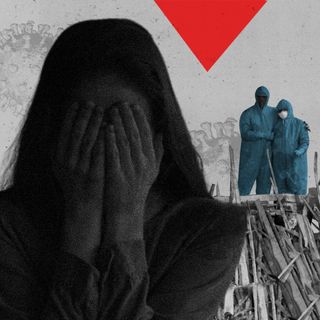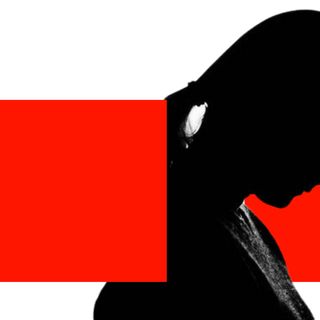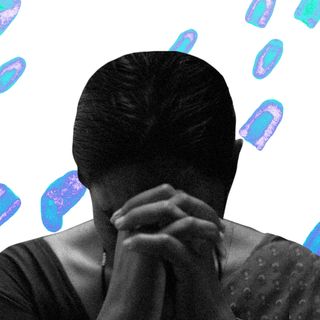A group of scientists, public health professionals, and experts appealed to the Indian government on Sunday to clear the air around plasma therapy as a treatment for Covid19 — noting it is ineffective, unnecessary, and rooted in popular belief instead of science. The government should review its guidelines on plasma usage and dispel uncertainty among patients and donors, their letter says.
The discourse around plasma donation is disputed. Plasma, a component in the bloodstream that carries antibodies, rose to notice as people resorted to plasma therapy for Covid19 treatment or urged patients who had recently survived Covid to donate their plasma. However, scientists and medical experts have cautioned there is no scientific basis for using plasma in fighting Covid19 and that it in fact does more harm than good. The Indian government, on the other hand, has expressed tacit approval of the treatment, with some politicians even personally endorsing it.
“Current research evidence unanimously indicates that there is no benefit offered by convalescent plasma for treatment of Covid19. However, it continues to be prescribed rampantly in hospitals across India,” experts note.
On April 22, the Ministry of Health & Family Welfare’s Covid Task Force, comprising experts from All India Institute of Medical Sciences (AIIMS) and the Indian Council of Medical Research (ICMR), green-lit the use of plasma therapy in the early stages of the Covid19 infection. The guidelines used the term “off label” to give approval to plasma therapy — a phrase that implies the treatment or drug for a medical condition has not been scientifically approved.
“The off-label tag proves that regulators themselves aren’t fully convinced. The authorities know that it doesn’t work. Off label itself means not approved, yet it exists as an oxymoron,” Vivekananda Jha, one of the signatories, told The Print.
Related on The Swaddle:
Remdesivir, Plasma Therapy Are Not The Best Treatments for Covid19. So Why Are Indians Desperate To Procure Them?
Last year, ICMR warned against the indiscriminate use of plasma, noting in a study that the therapy was not associated with stopping patients from becoming severely ill or reducing mortality. The same conclusion has been drawn by global findings — including the ICMR-PLACID Trial (the world’s first controlled trial on convalescent plasma), the Recovery Trial conducted by the University of Oxford, and Argentina’s PlasmAr Trial. No significant differences were observed in status or overall mortality between patients treated with convalescent plasma and those who received a placebo, a study published in the New England School of Journal of Medicine also showed. However, ICMR has not commented on these studies or about the limited — if any — advantages of plasma therapy.
Plasma therapy seems to play a role in mitigating hypoxia (low blood oxygen) and reducing hospital stay has also been observed in some cases. The therapy works by using “neutralizing” antibodies that stick to the Covid19 virus and prevent it from infecting other cells. While some doctors say this has proven useful in stray instances, it is important to note that not all recovered patients have the same levels of neutralizing antibodies. “The levels and potency of these antibodies differ among individuals and the same must be accounted for in the plasma-therapy trials,” Dr. Archita Mishra, a researcher at the Singapore Immunology Network, told BBC.
The clutter of investigational drugs propped as verified treatments for Covid19 has grown significantly during the second wave. The result is a shortage of resources, misinformation around tentative treatments, black-marketeering supplies, and growing paranoia amid families and patients. These are the last four things any health crisis, much less a pandemic, needs.
Experts recommend clarifying the guidelines around plasma therapy, aligning them based on evidence and global research standards, and issuing a notice to blood banks across the country. The therapy, the letter notes, “is only causing harassment of patients, the families, and even Covid19 survivors who are being pressured to donate plasma.”
“Many people believe certain drugs save lives because the doctor wrote it down between five other injectables — and they simply don’t have any other source of information,” Dr. Chaudhari told The Swaddle in a previous article about the contemporary use of remdesivir. “If they can’t find a drug, they believe that not being able to use that drug is the reason their loved ones died — which is not always true.”




